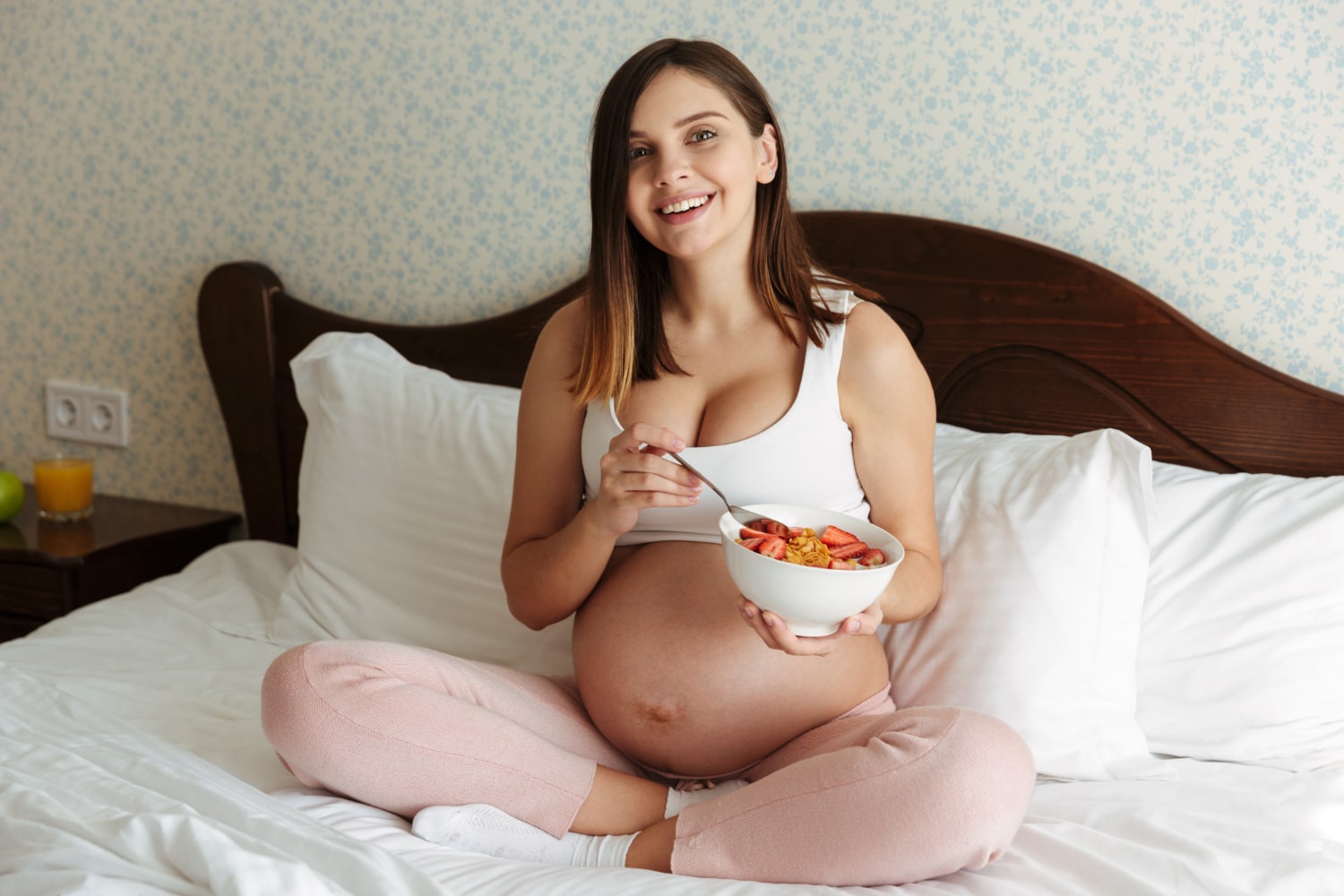Pregnancy is a joyous journey, but the specter of food poisoning during pregnancy can cast a shadow on this otherwise exciting time for expectant mothers. The stakes are high, considering the well-being of both the mother and the developing baby. With the first trimester being particularly delicate, where the risk of miscarriage is elevated, it becomes paramount for pregnant women to adopt precautionary measures against foodborne illnesses. Here are five detailed tips to safeguard you and your baby’s health during this critical time.
1. Understanding the Culprits of Food Poisoning During Pregnancy:
- Salmonella, Listeria, and Campylobacter: Recognize the primary bacteria causing food poisoning during pregnancy.
- Salmonella: Common in raw meat, raw eggs, and unpasteurized milk—making it crucial for pregnant women to handle these products with extra care.
- Campylobacter: Found in undercooked poultry, meat, unpasteurized milk, and untreated water—prompting pregnant individuals to be vigilant about proper cooking temperatures and food source choices.
- Listeria: A significant cause of miscarriage, leading to severe illness in newborns and even stillbirths—underscoring the importance of meticulous food preparation practices.
Protect yourself and your baby by practicing proper food preparation and opting for fresh food products from reputable sources.
2. Ensuring Hygienic Food Preparation:
- Hand Hygiene: Thoroughly wash hands and food products before cooking—especially crucial for minimizing the risk of food poisoning during pregnancy.
- Clean Surfaces: Maintain cleanliness on kitchen surfaces, including cutting boards and utensils, to prevent cross-contamination.
- Antibacterial Cleaning: Wash kitchen tools with antibacterial soap to ensure that harmful bacteria do not make their way into your meals.
3. Proper Food Storage:
- Separation of Raw Meats: Store raw meat, fish, seafood, and poultry separately to avoid cross-contamination—reducing the risk of food poisoning during pregnancy.
- Washing Pre-storage: Wash foods before storage, ensuring a refrigerator temperature of 4°C or lower—crucial for keeping bacteria at bay.
4. Mastering Cooking Techniques to Prevent Food Poisoning:
- Bacterial Elimination: Proper heating kills bacteria causing food poisoning during pregnancy—highlighting the importance of cooking all foods thoroughly.
- Spotting Bad Portions: Remove any questionable portions in meat, as bacteria often thrive there—another essential step in preventing food poisoning during pregnancy.
- Minimum Temperature: Cook foods at 60°C or higher, especially focusing on the thickest areas, for added assurance against foodborne pathogens.
5. Handling Leftovers with Care to Avoid Food Poisoning:
- Timely Refrigeration: Store leftovers in the refrigerator within two hours of cooking—essential to avoid the growth of bacteria that could lead to food poisoning during pregnancy.
- Time Sensitivity: Consume leftovers within a day or two to minimize bacteria build-up—another proactive measure to prevent food poisoning.
- Reheating Best Practices: Reheat leftovers at 74°C or higher, limiting reheating to only once to ensure the elimination of any lingering bacteria.
Additional Considerations:
- Building Immunity: Strengthening your immune system can provide added protection against food poisoning during pregnancy.
- Preventive Measures: Learn and practice proper food preparation and storage techniques to mitigate the risk of bacterial build-up, especially during this vulnerable period of pregnancy.
Embarking on a healthy pregnancy journey involves more than just dietary choices. By diligently following these comprehensive tips, you empower yourself to minimize the risk of food poisoning during pregnancy, ensuring a safe and nurturing environment for both you and your developing baby. Remember, knowledge and preventive actions, especially in the context of food poisoning during pregnancy, are your best allies in this important chapter of life.










